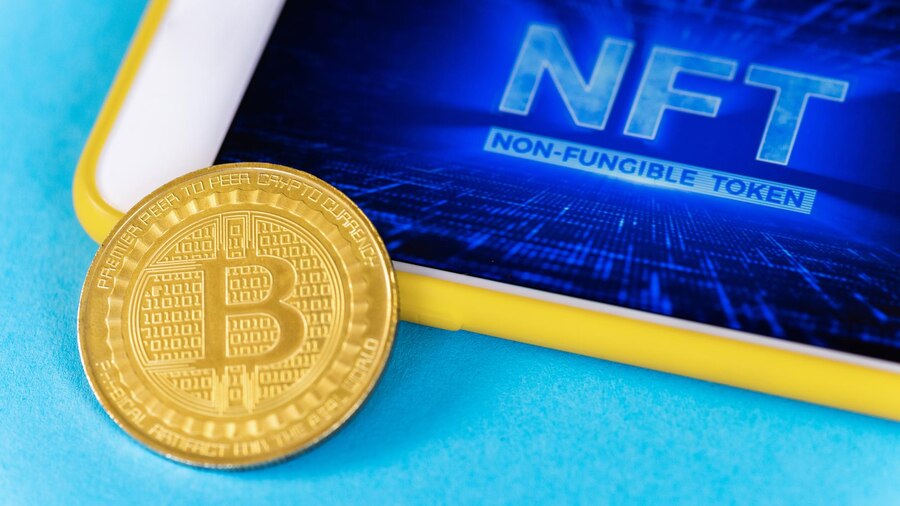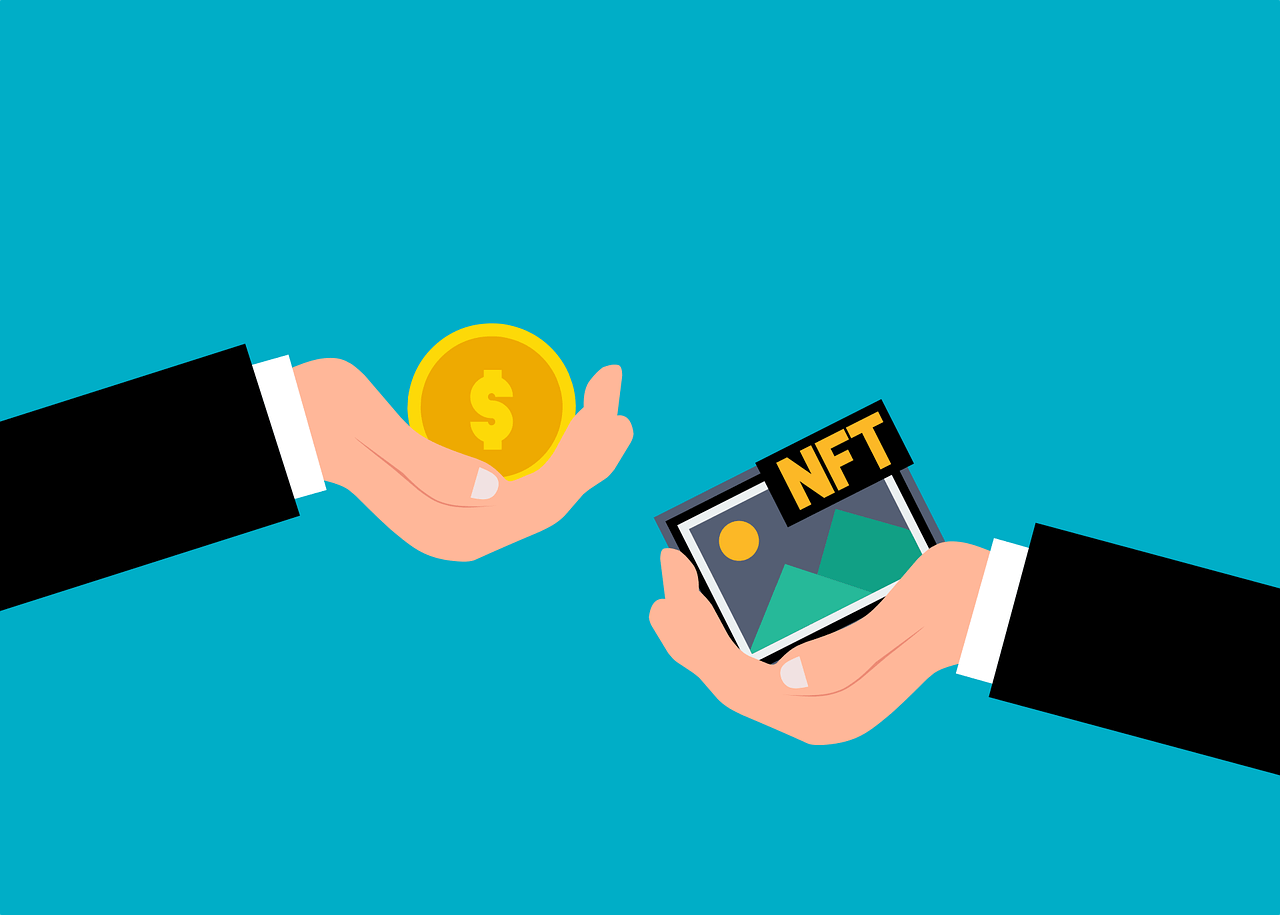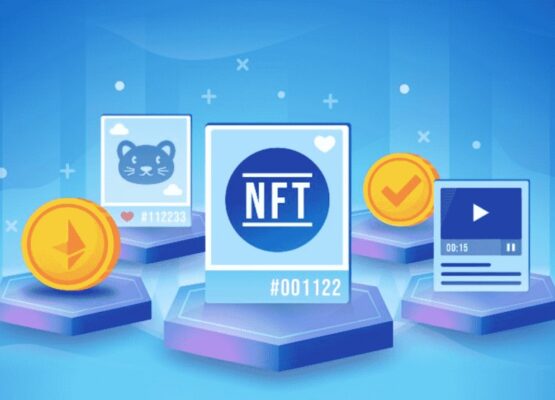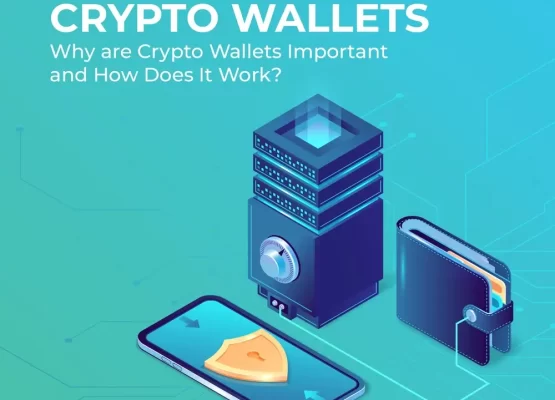For years, the world of business has been stuck in a rut. But that’s all changing thanks to blockchain technology. This innovative new platform is allowing businesses to operate more efficiently and effectively than ever before. One of the most popular applications of blockchain technology is in the realm of digital asset trading. This is where businesses can use blockchain to create a secure and tamper-proof marketplace for buying and selling assets.
NFTs (non-fungible tokens) are a new and exciting way to store and trade digital assets. They offer unique benefits, such as trustless peer-to-peer transactions, that make them perfect for use in a marketplace. NFTs can be used to represent anything that can be traded, such as assets, services, or experiences.
Introducing Blockchain Technology
Blockchain technology, which is often associated with cryptocurrencies such as Bitcoin, has the ability to transform many industries. The technology allows for secure transactions between two parties without the need for a third party. This could have a huge impact on a number of industries, such as finance, healthcare, and supply chain management.
A new technology is sweeping the globe and it’s called blockchain. It’s a distributed ledger that can be used for secure transactions. The benefits of using blockchain include faster, more secure transactions and reduced costs. Blockchain technology is changing the game by offering a secure, transparent and tamper-proof system for transactions. With blockchain, there’s no need to trust third parties because all information is kept on a public ledger. This makes it an ideal solution for issues such as cybersecurity and money laundering.
What is an NFT?

An NFT, or non-fungible token, is a digital asset that can be used to represent any kind of property or share. Unlike traditional cryptocurrencies, which are designed to be anonymous and untraceable, NFTs are unique and can only be owned by specific people. This makes them ideal for use in games and other applications that require specific assets to be represented.
Introducing NFT marketplace development
A new decentralized application (dApp) marketplace called NFT market has just been released. The NFT market is a platform that allows users to buy, sell, and trade digital assets such as cryptocurrencies, tokens, and contracts. The NFT market also has a built-in trading engine that allows users to easily find and trade products. In addition, the NFT market offers a secure user interface and user profile system.
Blockchain Technology is shaking up the world of business
Blockchain technology is quickly shaking up the world of business, with implications for NFT marketplace development. This innovative platform allows for secure and transparent transactions between parties, without the need for a third-party intermediary. As such, it has the potential to revolutionize a number of industries, including retail and finance.
While there are still some challenges to be overcome before blockchain becomes mainstream, its potential is clear. Developers must now take account of these developments when planning their NFT marketplaces, as this technology could be game changer for both businesses and consumers.
Blockchain technology is shaking up the world of business. With its potential to streamline processes and cut costs, it’s no wonder so many businesses are exploring its potential. But what are the implications for NFT marketplace development?
One of the most exciting things about blockchain is that it makes it possible to create a decentralized marketplace, where users can buy and sell items without having to go through a middleman. This opens up a whole new world of possibilities for nft marketplace platform development as developers can create marketplaces that are more efficient and secure than traditional online commerce platforms.
What are the implications for NFT marketplace development?
The NFT marketplace is a novel application of blockchain technology that allows users to trade digital assets without the need for a third party. The implications of this development for the future of blockchain are far-reaching. By providing a centralized platform for trading NFTs, the marketplace could help to legitimize and expand the use of this innovative technology. Additionally, by allowing users to easily exchange NFTs without relying on a third party, the marketplace could create new opportunities for collaboration and cooperation across markets.
The recent development of the NFT marketplace has created a new way for users to trade digital assets. This could have a number of implications for the way that marketplaces are developed, and for the way that users interact with them.
One potential implication is that marketplaces may become more centralized. As more platforms develop and offer trading capabilities, it may be difficult for users to find a diverse range of assets. This could lead to increased dependence on certain platforms, and reduced liquidity. Another implication is that platforms may become more specialized.
The development of the NFT marketplace is significant for the future of blockchain technology. It allows for quick and easy transactions between users, without the need for a third-party intermediary. This opens up potential uses for NFTs beyond just financial transactions. For example, they could be used to store information or data sets that are difficult to store in a traditional database. The marketplace development is also a sign of confidence in the future of blockchain technology. It shows that developers believe that NFTs have great potential and are worth exploring further.
What are the future prospects for NFT market development?
The rise of blockchain technology has enabled a new type of digital asset – NFTs. Unlike traditional cryptocurrencies, NFTs are not limited to one specific application or platform. As a result, the future prospects for NFT market development are wide-ranging and complex.
Some observers believe that the NFT market could eventually become as large as the cryptocurrency market. This is because NFTs can be used for a variety of applications, including property rights management, securities trading, and crowdfunding. Meanwhile, developers are working on new applications for NFTs all the time.
The number of NFTs has been on the rise in recent years. This is likely to continue due to the benefits that they offer, such as privacy and security. Furthermore, the technology behind NFTs is becoming more widespread, so it is likely that their market development will continue to be positive in the future.
Conclusion
In conclusion, blockchain technology is shaking up the world of business by creating a more secure and efficient way of conducting transactions. As this technology develops, it is likely that more NFT marketplaces will emerge, allowing for increased efficiency and transparency in the marketplace. Thus, businesses should stay up-to-date on blockchain technology developments in order to reap its full benefits.




